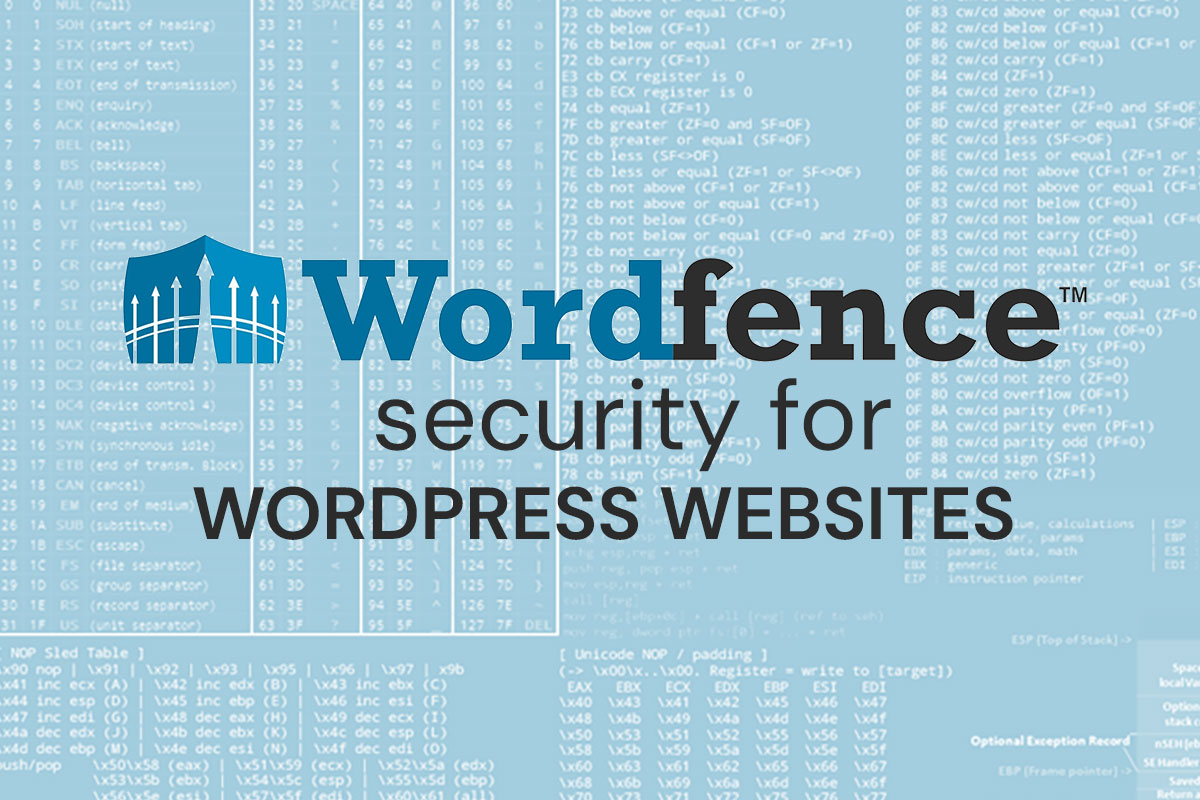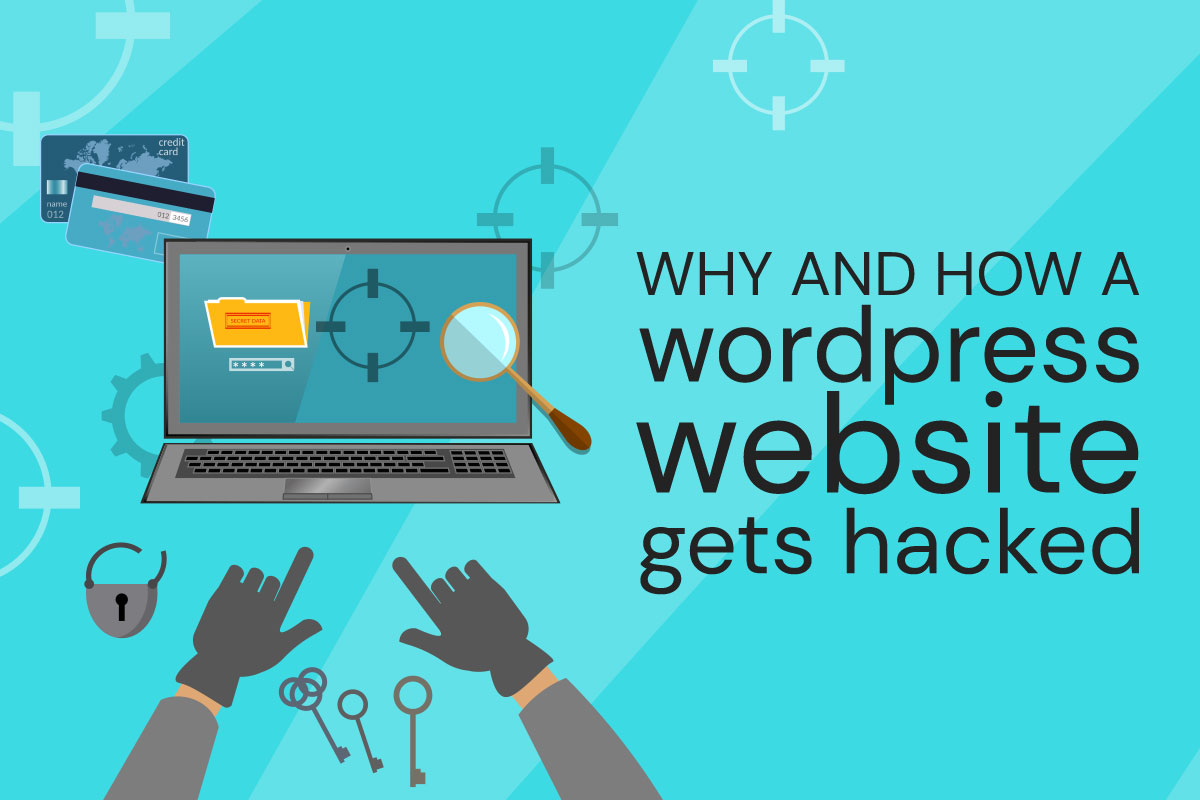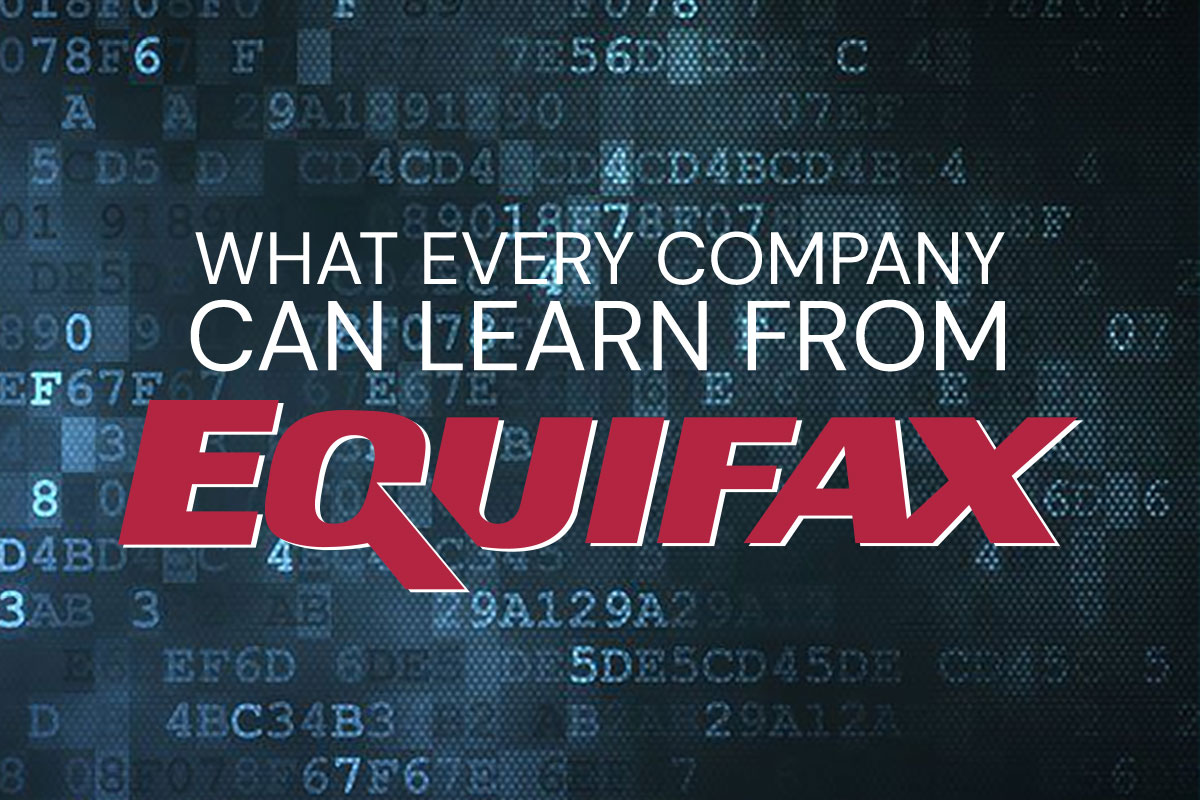Technology Resources
Explore the latest web design trends and tools with our comprehensive technology blog, packed with valuable resources and information.
Wordfence Security for WordPress Websites
Last week we talked about how and why a site gets hacked. This week, we’ll talk a little about our first-line favorite tool for preventing hacking of WordPress websites. Wordfence is a security plugin that covers login security, live traffic, malware scans, blocking, a firewall, and more. Though there are plenty of other security plugin choices out there, we especially like the fact that the basic and very serviceable version of the plugin is free, and that it has over one million downloads—handily outpacing its competitors. When a plugin is so widely used as Wordfence is, it’s less likely to be abandoned and more likely to identify security threats in their nascent form. (It also doesn’t hurt that Wordfence is based in Delaware, after recent stories about Kaspersky Labs have revealed a case of the fox guarding the henhouse.)
How and Why a WordPress Website Gets Hacked
Today a client (who does not have a maintenance plan with us) contacted us because her email had been shut down by her host for sending more than the 500 emails allowed per hour. In case you weren’t aware that hosting companies had such limits, now you know. She definitely wasn’t sending 500 emails per hour, but she does have a WordPress website and her POP email is run from the same hosting package where her site resides. She correctly intuited that her WordPress website had been hacked. But how… and why?
What Every Business Can Learn from Equifax
Under normal circumstances, the Equifax hack scandal would normally be a top story for weeks. The company is benefiting from a glut of other chaotic news superseding it in the headlines, but let’s not forget that Equifax’s lax security practices allowed the personal data of about 44% of the US population to be compromised. What’s worse, that data is some of our most sensitive: driver’s license numbers, past addresses, credit card numbers, and of course Social Security numbers. And then, even worse, we weren’t ever given a chance to opt out of Equifax’s data-gathering (and selling) service, and we’re not going to be given one now. AND the CEO is “retiring” in the face of this scandal, to take home a pension of over $90 million. AND Equifax accidentally sent consumers to a fake phishing site for two weeks. In the absence of any other silver linings, at least this is a teachable moment.




